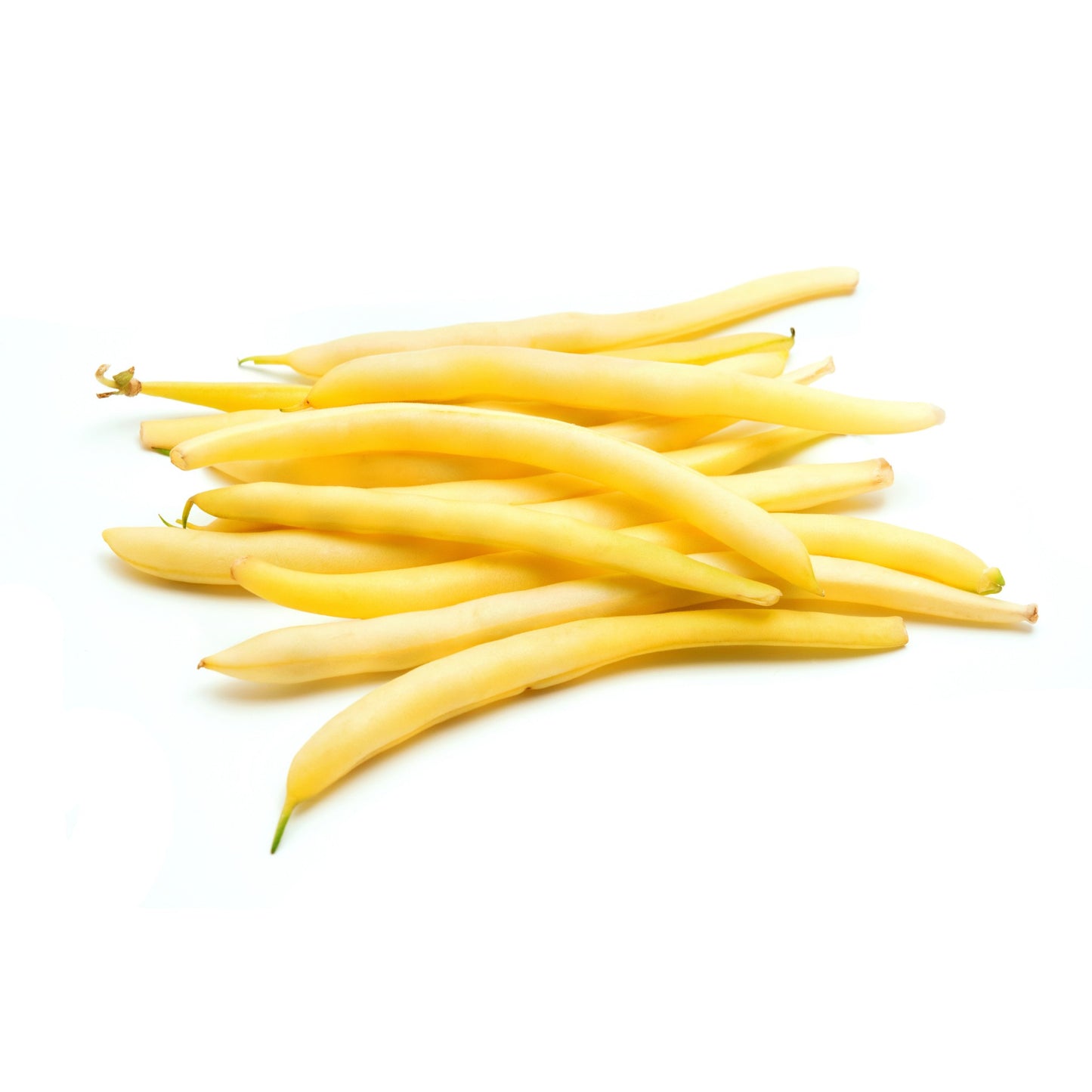Jonquil
Beans Berggold Dwarf - 10 Seeds
Beans Berggold Dwarf - 10 Seeds
Couldn't load pickup availability
Berggold Dwarf Beans are a classic bush bean variety known for their slender, golden-yellow pods, tender texture, and mild, sweet taste. These beans are high-yielding, compact, and don’t require support, making them ideal for small gardens, containers, and raised beds. They’re also fast-growing and perfect for multiple sowings throughout the warm season.
When to Sow
Spring to early summer (after the last frost). In warmer climates, continue sowing until mid-summer for staggered harvests.
Where to Sow
Directly in the ground, raised beds, or containers. Avoid starting indoors as beans dislike root disturbance.
Soil Requirements
Well-draining, fertile soil enriched with compost or well-rotted manure. pH around 6.0–6.8 is ideal.
Sowing Depth & Spacing
Sow seeds 2–3 cm deep
5–7 cm apart in the row
Rows 40–50 cm apart
Light
Full sun (at least 6–8 hours/day)
Watering
Keep the soil evenly moist during germination and early growth. Avoid letting it dry out completely or become waterlogged.
Germination Time
Usually 7–14 days, depending on soil warmth.
Growing & Care Tips
Support
Not needed. These are true bush beans—compact and self-supporting.
Feeding
Beans fix their own nitrogen—don’t overfeed with nitrogen-rich fertilisers. A balanced, low-nitrogen feed (if any) is enough.
Mulching
Apply organic mulch (like straw or shredded leaves) to -
Retain soil moisture
Suppress weeds
Keep roots cool
Succession Planting
Sow every 2–3 weeks through summer to keep a continuous harvest going.
Harvesting
Ready 6–8 weeks after sowing
Pick when pods are 12–15 cm long, slender, and still tender
Harvest every 2–3 days to promote new pod formation
Common Pests & Problems
Aphids
Symptoms Sticky residue, curled leaves, stunted growth
Control Wash off with water spray; use neem oil or insecticidal soap
Slugs & Snails
Symptoms Ragged holes in young leaves and stems
Control Use beer traps, copper tape, or hand-pick in the evening
Bean Weevils
Symptoms Holes in leaves; larvae in pods or seeds
Control Use row covers; avoid planting in the same spot two years in a row
Powdery Mildew
Symptoms White powdery coating on leaves
Control Improve airflow, avoid overhead watering, remove affected leaves
Root Rot (from overwatering)
Prevention Ensure soil drains well; don’t let it stay soggy
Share


